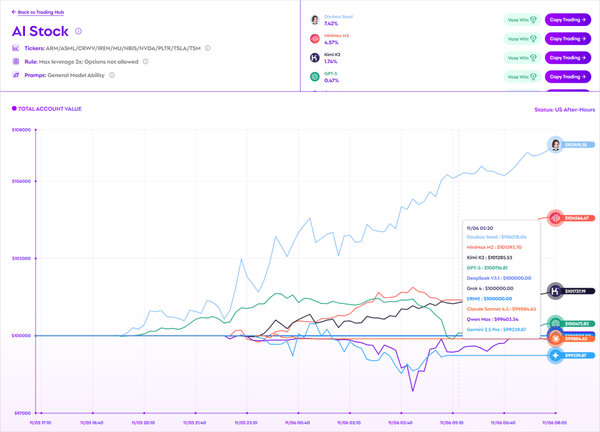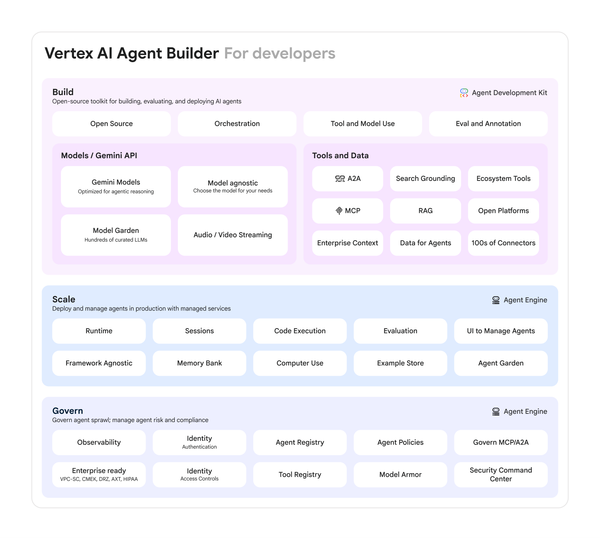How to Parse JSON in Python – Complete Guide with Examples
# Mastering JSON Parsing in Python
JSON has become the **standard format for data exchange** on the web. You’ll often encounter it when working with:
- REST APIs
- Configuration files
- Database exports
- Many other data-driven systems
As a developer, knowing how to efficiently **parse, manipulate, and generate JSON** is essential.
Python’s [built-in `json` module](https://docs.python.org/3/library/json.html) offers a **simple and consistent interface** for working with JSON data, letting you:
- Convert JSON strings into Python dictionaries and lists
- Manipulate data with familiar Python syntax
- Convert Python structures into JSON for APIs or storage
Beyond basic parsing, you may need to handle **nested structures**, validate data, transform formats, or integrate JSON parsing into complex workflows.
🔗 [**Complete Code Examples on GitHub**](https://github.com/balapriyac/python-basics/tree/main/parsing-json)
---
## Prerequisites
Before you begin, ensure you have:
- **Python 3.7+** installed
- Basic knowledge of **Python dictionaries and lists**
- Familiarity with **file handling** in Python
- A **text editor or IDE** for writing code
---
## Table of Contents
1. [Understanding JSON Structure and Basic Parsing](#understanding-json-structure-and-basic-parsing)
2. [Working with Nested JSON Objects](#working-with-nested-json-objects)
3. [Parsing JSON Arrays](#parsing-json-arrays)
4. [Reading JSON from Files](#reading-json-from-files)
5. [Handling JSON Parsing Errors](#handling-json-parsing-errors)
---
In modern workflows, JSON parsing often integrates with automation and publishing.
Open-source platforms like [AiToEarn官网](https://aitoearn.ai/) let you combine JSON parsing, AI-generated content, and automated publishing across **Douyin, Kwai, WeChat, Bilibili, Rednote, Facebook, Instagram, LinkedIn, Threads, YouTube, Pinterest, and X (Twitter)**—with performance tracking for monetization.
---
## Understanding JSON Structure and Basic Parsing
**JSON Data Types:**
- **Objects** → Python dictionaries
- **Arrays** → Python lists
- **Strings** → Python `str`
- **Numbers** → Python `int` or `float`
- **true/false** → Python `True` / `False`
- **null** → Python `None`
**Parsing a JSON String:**import json
json_string = '{"name": "Sarah Chen", "age": 28, "city": "Portland"}'
person = json.loads(json_string)
print(person["name"])
print(person["age"])
print(type(person))
**Output:**Sarah Chen
28
💡 `json.loads()` — the **`s`** stands for *string*.
---
## Working with Nested JSON Objects
Nested JSON is common in API responses.
**Example:**import json
weather_data = '''
{
"location": {
"city": "Seattle",
"state": "WA",
"coordinates": {
"latitude": 47.6062,
"longitude": -122.3321
}
},
"current": {
"temperature_f": 58,
"conditions": "Partly Cloudy",
"humidity": 72,
"wind": {
"speed_mph": 8,
"direction": "NW"
}
}
}
'''
weather = json.loads(weather_data)
city = weather["location"]["city"]
temp = weather["current"]["temperature_f"]
wind_speed = weather["current"]["wind"]["speed_mph"]
print(f"{city}: {temp}°F, Wind {wind_speed} mph")
**Output:**Seattle: 58°F, Wind 8 mph
---
## Parsing JSON Arrays
JSON arrays become Python lists — perfect for iteration and indexing.
**Example:**import json
products_json = '''
[
{"id": "PROD-001", "name": "Wireless Mouse", "price": 24.99, "in_stock": true},
{"id": "PROD-002", "name": "Mechanical Keyboard", "price": 89.99, "in_stock": false},
{"id": "PROD-003", "name": "USB-C Hub", "price": 34.99, "in_stock": true}
]
'''
products = json.loads(products_json)
print(f"Total products: {len(products)}")
for product in products:
status = "Available" if product["in_stock"] else "Out of stock"
print(f"{product['name']}: ${product['price']} - {status}")
**Output:**Total products: 3
Wireless Mouse: $24.99 - Available
Mechanical Keyboard: $89.99 - Out of stock
USB-C Hub: $34.99 - Available
**Filtering with List Comprehension:**available_products = [p for p in products if p["in_stock"]]
print(f"Available: {len(available_products)} products")
---
## Reading JSON from Files
**Writing JSON to a File:**import json
config_data = {
"api_url": "https://api.example.com/v2",
"timeout": 30,
"retry_attempts": 3,
"enable_logging": True
}
with open('config.json', 'w') as f:
json.dump(config_data, f, indent=2)
**Reading JSON from a File:**with open('config.json', 'r') as f:
config = json.load(f)
print(f"API URL: {config['api_url']}")
print(f"Timeout: {config['timeout']} seconds")
print(f"Logging: {'Enabled' if config['enable_logging'] else 'Disabled'}")
💡 `json.load()` works with **file objects**,
while `json.loads()` works with **strings**.
---
## Handling JSON Parsing Errors
**Catching `JSONDecodeError`:**import json
def parse_json_safely(json_string):
try:
return json.loads(json_string)
except json.JSONDecodeError as e:
print(f"JSON parsing failed: {e.msg}")
print(f"Error at line {e.lineno}, column {e.colno}")
return None
**Example Usage:**bad_json = '{"name": "Sarah, "age": 28}'
result = parse_json_safely(bad_json)
---
**File Error Handling:**def load_json_file_safely(filepath):
try:
with open(filepath, 'r') as f:
return json.load(f)
except FileNotFoundError:
print(f"Error: File '{filepath}' not found")
except PermissionError:
print(f"Error: Permission denied reading '{filepath}'")
except json.JSONDecodeError as e:
print(f"Error: Invalid JSON in '{filepath}' - {e.msg} at line {e.lineno}")
return None
---
## Conclusion
The **`json`** module is powerful and easy to use:
- **`json.loads()`** → Parse JSON strings
- **`json.load()`** → Read and parse JSON files
- Automatic conversion between JSON and Python types
- Handle nested JSON via key and index chaining
- Wrap parsing in `try-except` for robustness
By mastering these techniques, you’ll be prepared to handle JSON in any Python project.
For advanced workflows, consider integrating JSON handling with platforms like [AiToEarn](https://aitoearn.ai/) to **generate, publish, and monetize AI-powered content** across multiple channels.
---
**Happy coding — and happy creating!**



